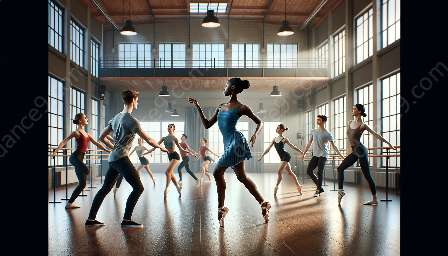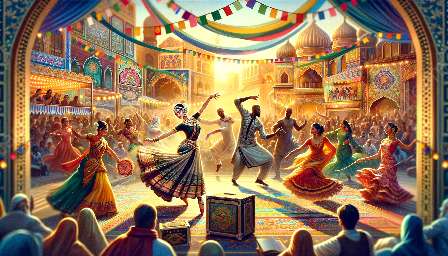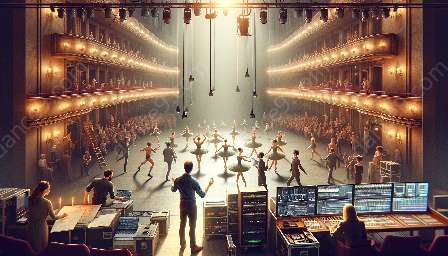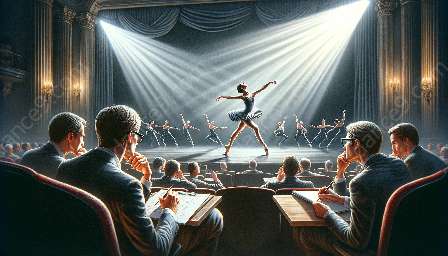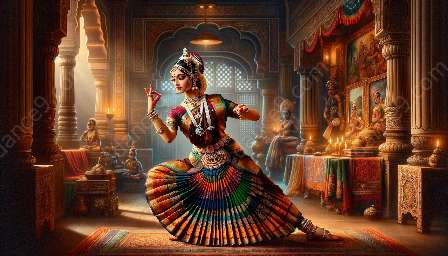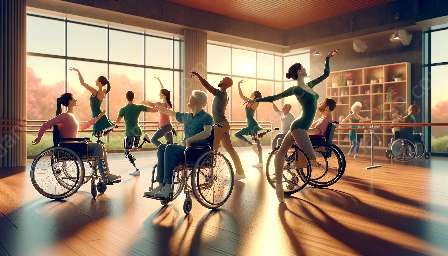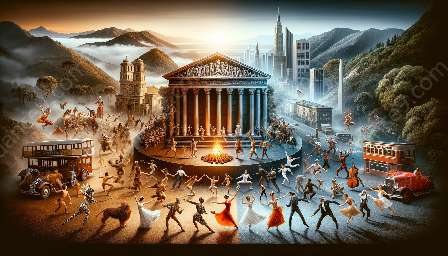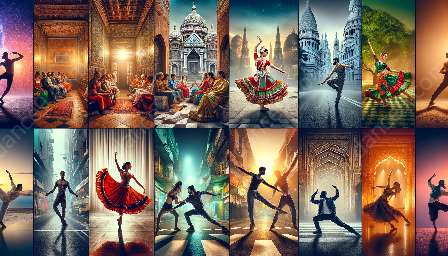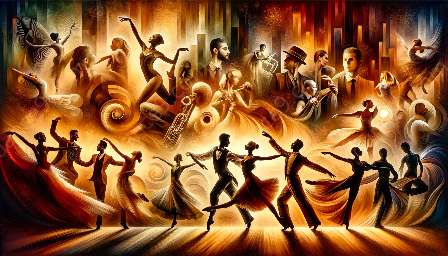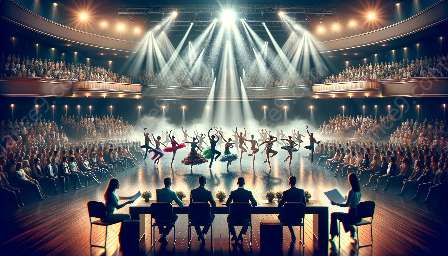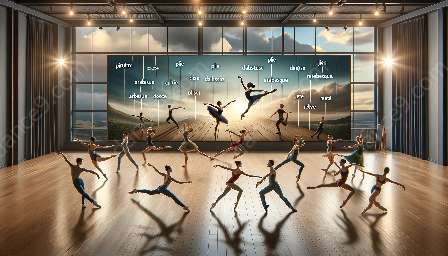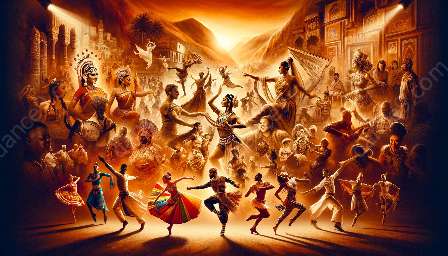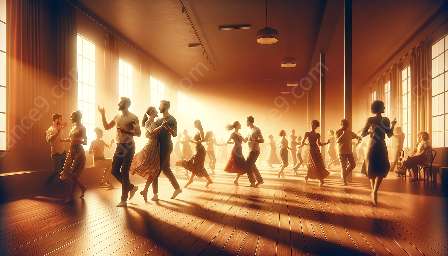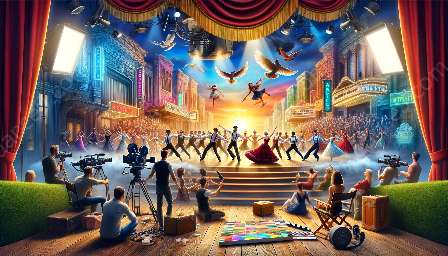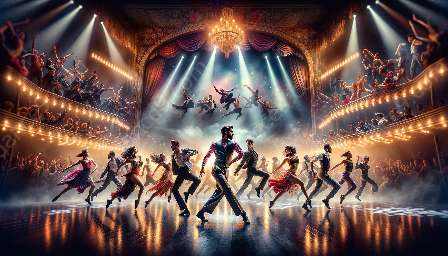Dance has long been used as a medium for self-expression, where choreographers have the responsibility to navigate the ethical considerations involved in bringing personal expression to life through movement.
The Intersection of Dance and Self-Expression
Dance, as an art form, offers individuals the ability to convey their innermost thoughts, emotions, and stories through movement. This intersection serves as a catalyst for self-discovery and empowerment, allowing dancers to express themselves in ways that go beyond verbal communication.
Self-expression in dance becomes a deeply personal and vulnerable experience, as choreographers and dancers delve into their own emotions and experiences to inform the movements they create and perform. This process requires an ethical approach to ensure that the self-expression is authentic and respectful.
Authenticity and Respect in Choreography
When choreographing dances for self-expression, it is essential for choreographers to uphold the values of authenticity and respect. This involves creating movements that genuinely reflect the emotions and experiences being expressed, without appropriating or misrepresenting the experiences of others.
Choreographers must consider the cultural, social, and historical context of the movements they incorporate, ensuring that they do not perpetuate stereotypes or disrespect traditions. Ethical choreography for self-expression involves acknowledging and honoring the diverse backgrounds and experiences that contribute to the dance's narrative.
Empowerment and Consent
Empowerment and consent are integral to ethical considerations in dance choreography for self-expression purposes. Dancers should feel empowered to participate in the creative process, and their consent should be sought for movements that may evoke personal or sensitive experiences.
Creating a safe and supportive environment where dancers feel comfortable expressing themselves is essential. Choreographers play a significant role in fostering a culture of respect and consent, ensuring that the self-expression process is empowering and affirming for all involved.
Accountability and Social Impact
Choreographers have the responsibility to consider the potential social impact of their choreography, particularly when addressing sensitive or controversial topics. Ethical considerations extend to the broader societal implications of the movements created, recognizing the influence dance can have in shaping perceptions and attitudes.
By approaching dance choreography for self-expression with accountability and introspection, choreographers can create meaningful and thought-provoking works that contribute positively to the conversation around personal expression and societal issues.
Conclusion
Exploring the ethical considerations in dance choreography for self-expression purposes highlights the complex interplay between individual expression, cultural awareness, and societal impact. By upholding authenticity, respect, empowerment, consent, and accountability, choreographers can navigate the intricacies of self-expression in dance with integrity and reverence.


